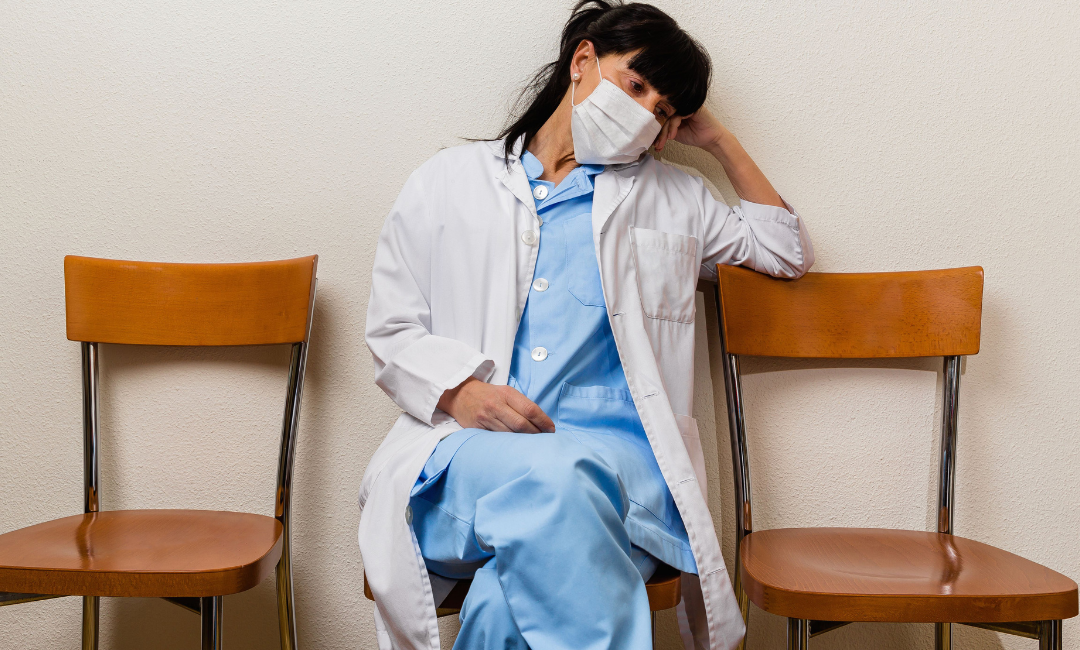A Quick Recap on Diabetic Health
Imagine treating an illness with food!
Perhaps even halting the onset of a lifelong medical condition with simple lifestyle changes in food and activity choices.
You might even delay or prevent the onset of a life-threatening complication with food.
The concept is truly visionary at some level; yet it can be done with little effort.
Risk factors for diabetes include the following
- Being overweight
- Being 45 years or older
- Having a parent, brother, or sister with type 2 diabetes/ high blood pressure
- Being physically active less than 3 times a week
- Smoker
- Race and ethnicity are also a factor: African Americans, Hispanic/Latino Americans, Native Americans, Pacific Islanders, and some Asian Americans are at higher risk.
While some of these risk factors remain nonmodifiable (unable to change, as in one’s race or ethnicity), many risk factors are modifiable, and rather easy to change.
I believe we owe it to ourselves, and our patients, to stay educated on what exactly is within our power to change when it comes to our personal health and well-being.
This is one of the many reasons why I specialized in my nursing practice and pursued a CDCES certification.
As an acute care nurse, with a background in emergency nursing, helping to treat the disease but never addressing how to prevent it from occurring became tiresome and frustrating over time; I knew there was more that I could do.
Sadly, many areas of healthcare nowadays are low on staffing, resources, and adequate time to dedicate toward fully empowering and educating the patient, much less ourselves.
Currently, there are 19,783 health professionals in the U.S. alone that hold the CDCES credential.
The National Certification Board for Diabetes Educators (NCBDE) predicts that the prevalence of diabetes will double roughly every 15 years.
With that being said, for every CDCES certification holder, there are approximately 1,600 persons with diabetes in need of services. Talk about job security!
Diabetes care and education specialization is a unique group of healthcare professionals from many backgrounds!
This interdisciplinary group includes registered nurses, nurse practitioners, clinical nurse specialists, registered dietitians, licensed nutritionists, as well as pharmacists, physicians, and behavioral health specialists.
As seen in my own career in nursing, the person with diabetes interacts with every healthcare specialty, from pediatrics to geriatrics and everything in between.
Medicare has even joined the efforts in combatting this disease, offering approved diabetes self-management training (DSMT) as well as a diabetes prevention program (MDPP).









